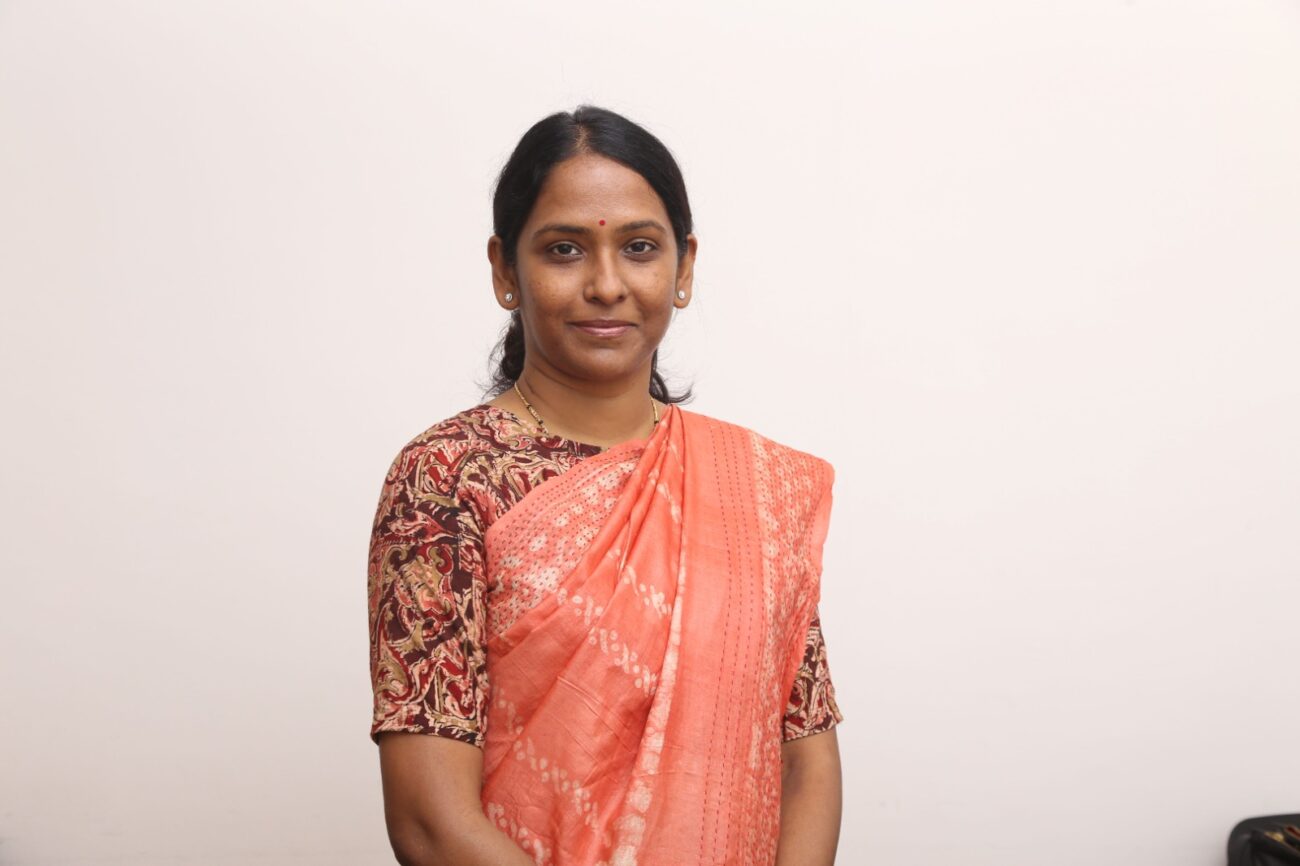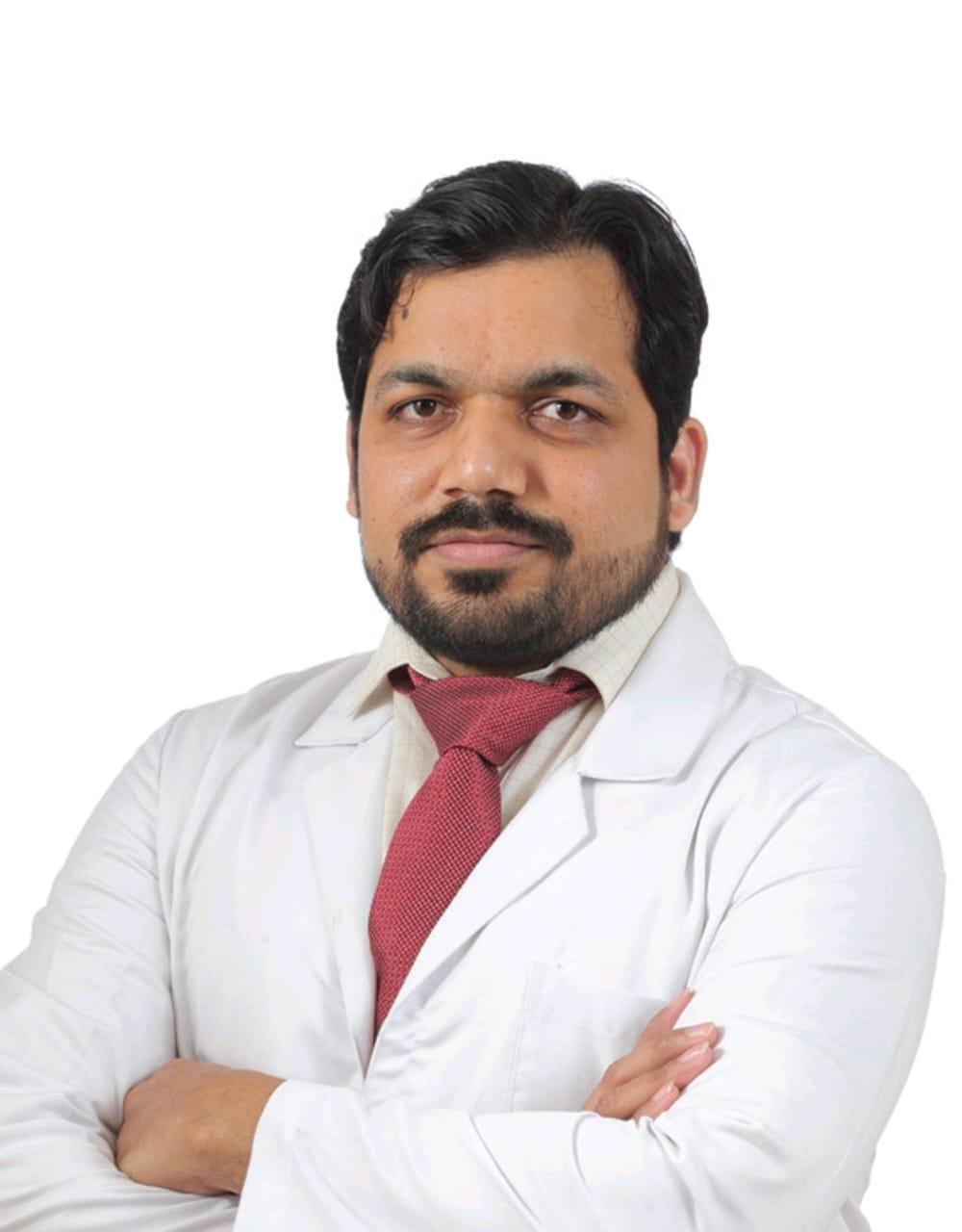Breaking Boundaries: Stem Cell Therapy in IVF
Dr Manisha Singh, Senior Consultant - Gynaecologist & Subspecialist in Reproductive Medicine & Surgery, Fortis Hospital, Bannerghatta Road, Bangalore The yearning for parenthood is a powerful force, and for couples struggling with infertility, In Vitro Fertilization

Dr Manisha Singh, Senior Consultant – Gynaecologist & Subspecialist in Reproductive Medicine & Surgery, Fortis Hospital, Bannerghatta Road, Bangalore
The yearning for parenthood is a powerful force, and for couples struggling with infertility, In Vitro Fertilization (IVF) has become a beacon of hope. Yet, even with advancements in IVF techniques, some couples still face challenges in achieving a successful pregnancy. This is where stem cell therapy emerges as a potential game-changer, offering a glimpse into the future of fertility treatments in India.
The Science Behind Stem Cells
Stem cells are the body’s master cells, holding the remarkable ability to transform into specialized cell types. In the context of IVF, two primary types of stem cells are of interest:
- Embryonic stem cells (ESCs): Derived from early-stage embryos, ESCs have the potential to become any cell type in the body. However, ethical concerns surround their use due to the destruction of embryos.
- Adult stem cells: These can be harvested from various sources like bone marrow, adipose tissue, or menstrual blood. While less versatile than ESCs, they offer a more ethically sound approach.
Stem Cell Therapy in IVF: A Two-Pronged Approach
The application of stem cell therapy in IVF is multifaceted. Here are two key areas of exploration:
- Improving Egg Quality: With age, a woman’s egg quality declines, impacting their ability to conceive. Stem cells have the potential to:
- Enhance ovarian function: Studies suggest stem cells can stimulate the growth of follicles, the structures within ovaries that house developing eggs. This could lead to a higher number of healthy eggs for fertilization.
- Repair damaged ovaries: In cases of premature ovarian failure or injuries, stem cells might help regenerate ovarian tissue, potentially restoring fertility.
- Endometrial Regeneration: The endometrium is the lining of the uterus where a fertilized egg implants. Stem cells could play a role in:
- Treating endometrial disorders: Conditions like Asherman’s syndrome, which causes scar tissue formation in the uterus, can hinder implantation. Stem cells may help regenerate healthy endometrial tissue.
- Improving implantation success: Studies suggest stem cells can create a more receptive uterine environment, increasing the chances of successful embryo implantation.
The Indian Landscape: Promise and Challenges
India boasts a vibrant medical tourism industry, attracting patients seeking affordable and advanced treatments. This, coupled with a growing focus on fertility research, positions India as a potential leader in stem cell therapy for IVF. However, several challenges remain:
- Regulation and Ethical Considerations: The use of stem cells in human therapies is a relatively new field, and clear regulations are crucial. India needs robust guidelines to ensure ethical practices and patient safety.
- Research and Development: While initial research is promising, large-scale clinical trials are necessary to establish the efficacy and safety of stem cell therapy in IVF. This requires significant investment and collaboration between researchers, medical institutions, and government bodies.
- Lack of Awareness: Public awareness about stem cell therapy for IVF is limited. Educating potential patients and healthcare professionals is critical to ensure informed decision-making.
Looking Ahead: The Future of Stem Cell Therapy in India
Stem cell therapy in IVF holds immense potential, but its journey will likely be one of cautious optimism. Here’s what the future might hold:
- Focus on Adult Stem Cells: Given the ethical concerns surrounding ESCs, research will likely prioritize the use of adult stem cells for their safety and potential applications.
- Personalized Medicine: Advancements in genetic testing may pave the way for personalized stem cell therapy, tailoring treatment based on individual needs.
- Standardized Protocols: As research progresses, standardized protocols for stem cell preparation and administration in IVF will be established.
- Increased Accessibility: With wider adoption and cost reduction, stem cell therapy for IVF could become more accessible to a broader range of patients.
India is well-positioned to play a significant role in the future of stem cell therapy for IVF. By addressing the existing challenges and fostering a collaborative research environment, India can contribute to advancements that help countless couples achieve their dream of parenthood.






